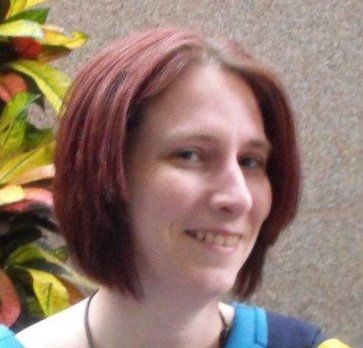People often have a lot of questions around starting counselling, some of the most common are below. If your query isn't there, or you'd like further information, I'm happy to answer, just get in touch!
Thinking about counselling?
- Do I need to have a specific problem to benefit from counselling?
People choose counselling for a variety of reasons. These can include (but are not limited to) feelings of low mood, anxiety or depression, life events that are difficult to deal with, struggles with relationships, and/or general feelings of something “not quite right”. No issue is too big and serious, or too small and trivial, for counselling to be of benefit.
- Will you advise me, or tell me what I should do?
The short answer is no! I won't offer advice, but we can talk through different options and scenarios so you can come to your own decisions, and make choices that are right for you.
- Am I too old for counselling?
I don’t believe anyone is too old to benefit from counselling, it’s never “too late”, or “not worth it” to address issues that have affected your life. Many people become more reflective as they reach their later years, and counselling can help in understanding the past, life choices that were made, the impact of losses, and regrets of paths not taken.
- How much will it cost?
Session fees are £50 per 50 minute session of individual counselling, or £65 per 1 hour session of relationship counselling. I also have a limited number of sessions available at reduced cost for those on low income, or student counsellors, so if cost is a barrier, please contact me about about these places.
- Will I have to commit to a set number of sessions?
No, the number of sessions you have is entirely up to you. If after a first session you don't feel counselling is right for you at the moment, or that you'd prefer to work with someone else, there is no obligation to book any further sessions.
- What happens when I make an enquiry?
Making an enquiry doesn't commit you to booking an appointment! After I receive your enquiry, I'll get in touch as soon as possible, usually within 24 hours, and I'll aim to answer all your queries. It can sometimes take a while to decide for certain if you want to go ahead with counselling, and who with, so if it's not the right time for you now, you're welcome to get back in touch in the future.
Getting started
- What happens when I book an appointment?
Once we've agreed a time for our first appointment, I'll send a full confirmation email with payment details and directions to St John's. There will also be an information form for you to complete, which you can either send back before we meet, or bring with you to the first session.
- What happens in a first appointment?
The first thing we will do in an initial appointment is go through some practical information, such as confidentiality, contact details, payment information and cancellation policies. Once that’s done, we can talk about what’s brought you to counselling, and what you’d like to gain from it. I’m happy to answer any questions you have about counselling, and the way I work but of course, you’re welcome to ask these at any point, not just in the first session!
Towards the end of the session, we’ll chat about if you’d like to book further sessions. There’ll be no pressure, you’re welcome to book straight away, take some time to think about it, or decide that you don’t want to continue – the choice is yours.
- Will what I say be confidential?
In general, yes, but there are some exceptions – for example, if I think you are going to hurt yourself or someone else, allegations of child abuse, or where a child is at risk. We will talk about this at the start of the first session, so you can raise any questions or concerns that you have.
- How many sessions will I need?
It depends! Some people have a specific issue that they wish to focus on, and may only want a few sessions, others may benefit from longer term work. This is something we can discuss in our initial appointment.
Moving forward
- What happens when I want to end counselling?
You can end counselling at any time, the choice is yours. If you're thinking about ending our work together, or have already decided, it's helpful to bring this up in a session, so we can talk about the ending, and to make sure we manage it in the best possible way for you. You are always welcome to contact me again if you wish to return to counselling at a future date (although I cannot guarantee appointments will be available).
- Describe the item or answer the question so that site visitors who are interested get more information. You can emphasize this text with bullets, italics or bold, and add links.
